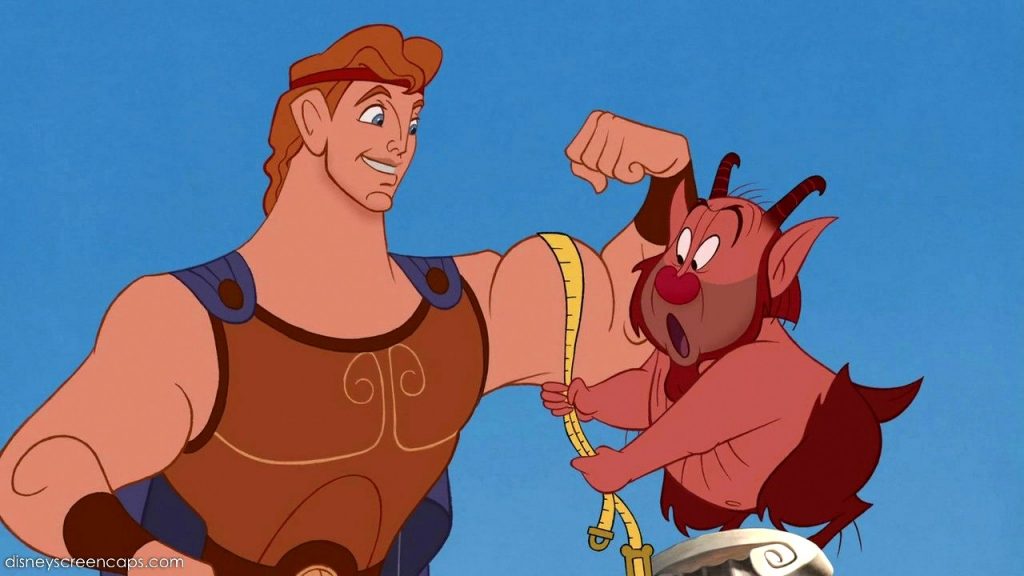Believe it or not, I can justify the last 18 minutes I spent googling images and watching youtube clips of a 1997 Walt Disney film. It’s certainly not my usual research. Instead I was looking for a suitable shot to capture the truly immortal figure of Hercules. Still loved today, the legends of his exploits live on. It’s as if he was in fact immortal…

Now to justify those last 18 minutes. There is in fact a lesser-known detail about Hercules that links him to the origins of Spain. Well, according to the Estoria de Espanna, that is. Yes folks, back in the day a hero came to the Iberian Peninsula and helped lay the roots of Spain and Portugal: Hercules, that’s who!
The Hercules of the Estoria is a little different from Disney’s Hercules. Firstly, Hercules’ father is named as Jupiter, not Zeus. Jupiter was essentially the Roman equivalent of the Greeks’ Zeus; in this detail, we can see how the medieval chroniclers composing the Estoria preferred to uphold Roman tradition. (N.B: the Estoria tells us Jupiter was “king” of Greece — the medieval writers were not about to commit serious blasphemy and say that Hercules was son of the Gods!) Also, instead of Disney’s Meg (Megara), Hercules is romantically involved with Deianira.
So what exactly did he get up to in Iberia? The Estoria tells us of his adventures there. First he crossed from North Africa with ten boats and landed at Cadiz. He voyaged up the Guadalquivir River and envisaged the founding of the great city of Seville, though he did not make a start. Instead he travelled further up the Portuguese coast, debarking at Lisbon. After killing the giant Gerion, Hercules founded the city of A Coruña. He also founded Barcelona and repopulated Carthagena. Having established his presence in Spain, he left it to his nephew Espan to populate and rule the Peninsula. From Espan, the Estoria tells us, the great kingdom of ‘España’ was born.
These legends can seem quite fantastic. The idea of Hercules travelling around Spain and laying its foundations is pretty imaginative! But there is no reason to deride the historians for their inclusion of this fabulous story. True or not, it was seen fit to belong to a Spanish history. History is predominantly a construct: people establish their own vision of the past for whatever purpose. Linking the founding of Spain to such a brave warrior as Hercules helps build the image of a proud and confident land: rather a hero than a nasty old hunchback that nobody has ever heard of! It is another example of the wonderful imagination of the culture of ages past. At the same time, the Estoria‘s inclusion of the legend of Hercules is a highly thought-through exercise of forming a collective past. History is power.
